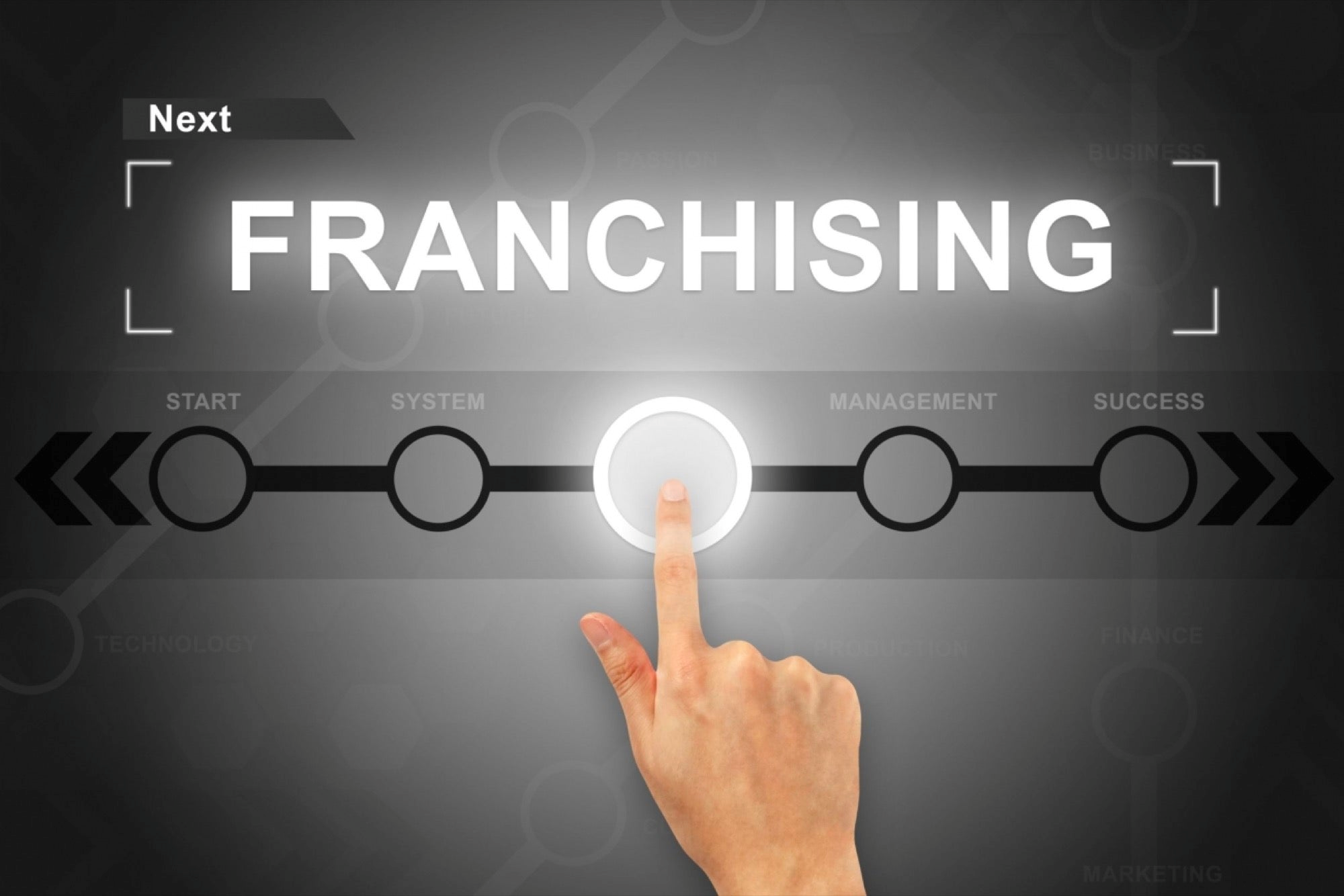Franchise agreements, while offering the benefits of a proven business model and established brand, often contain provisions for mandatory arbitration in the event of disputes between the franchisor and franchisee. While often more efficient and cost-effective than traditional litigation, this alternative dispute resolution mechanism can be unfamiliar territory for franchisees. This guide aims to provide franchisees with a comprehensive understanding of what to expect during the franchise arbitration process, empowering them to navigate this complex procedure confidently and clearly.
The American Arbitration Association’s (AAA) Arbitration Process for Franchise Disputes
The American Arbitration Association (AAA) is a leading alternative dispute resolution (ADR) service provider, including arbitration for resolving franchise disputes. The AAA’s process offers a streamlined and efficient way to resolve disagreements between franchisors and franchisees outside the traditional court system. Below is a breakdown of the key steps involved:
- Filing and Initiation
The process begins when one party initiates it by filing a Demand for Arbitration with the AAA. This document outlines the dispute’s details, including the issue’s nature and the desired outcome. The initiating party then pays a filing fee to the AAA, and the AAA notifies the other party of the Demand for Arbitration, providing them with a copy of the document.
- Arbitrator Selection
The parties can either choose a single arbitrator they agree on or use a strike/rank system to select a neutral arbitrator from a list provided by the AAA. These arbitrators are typically experienced attorneys, retired judges, or professionals with expertise in franchising, and they are required to disclose any potential conflicts of interest before the process begins.
- Preliminary Hearing
While optional, the parties may choose to attend a preliminary hearing to discuss procedural matters and schedule the exchange of information. This is similar to the discovery phase in litigation, where parties can request documents and information from each other to prepare their cases.
- Information Exchange and Preparation
Before the hearing, both parties must submit written statements outlining their positions and supporting evidence. This allows the arbitrator to become familiar with the case beforehand. Additionally, parties may prepare their witnesses for potential cross-examination during the hearing.
- Mediation (Optional)
While not mandatory, the AAA encourages mediation as a way to attempt a settlement before the arbitration hearing. Facilitated by a neutral mediator, this process helps the parties explore common ground and reach a mutually agreeable resolution, potentially avoiding a formal hearing altogether.
- Arbitration Hearing
If mediation is unsuccessful, the parties proceed to the arbitration hearing. This is a formal process where each party presents their case to the arbitrator. This includes introducing witness testimony and presenting evidence to support their arguments. Both parties also have the opportunity to cross-examine the opposing party’s witnesses. Once both sides have presented their cases, they deliver closing arguments summarizing their key points.
- Deliberation and Award
Following the hearing, the arbitrator reviews the presented evidence and arguments. After careful consideration, they make a final and binding decision, issuing a written award that outlines the decision and any remedies awarded to the prevailing party.
- Post-Award
The issuance of the arbitrator’s award marks the formal conclusion of the arbitration process. However, courts generally have a limited scope of review for arbitration awards, meaning they cannot easily overturn them. They can only do so under particular circumstances, such as:
- Procedural errors, which involve situations where the arbitrator was biased, denied due process, or failed to follow the agreed-upon rules.
- Substantive errors – This includes instances where the award is based on an error of law, lacks sufficient evidence, or is unjust or unreasonable.
The award is legally binding and can be enforced through the courts if necessary.
- Appeals
While the arbitrator’s decision is intended to be final and binding, either party may choose to appeal the award under certain circumstances. This can further extend the timeline of the dispute resolution process.
The process for filing an appeal will depend on the applicable laws and the arbitration organization’s rules. Generally, the party seeking to appeal must file a notice of appeal with the appropriate court within a specific time frame after the award is issued. The appeal will then proceed through the court system, where the court will review the arbitrator’s decision and determine whether there are valid grounds for overturning it.
Appealing an arbitration award can significantly extend the overall timeline of the dispute resolution process. The appeal process can take several months or even years, depending on the complexity of the case and the court’s workload.
- Enforcement
Once the matter is resolved, the prevailing party can pursue enforcement of the arbitration award. This means taking legal action to compel the other party to comply with the terms of the award. Available methods of arbitration include:
- Judgments. Courts can issue judgments confirming the arbitration award, which can be enforced through various means, such as wage garnishment or asset seizure.
- Injunctions. Courts can issue injunctions to prevent the other party from engaging in specific behavior prohibited by the award.
- Contempt of Court. If the other party fails to comply with the terms of the award, they can be held in contempt of court, which may result in fines or imprisonment.
The ability to enforce an arbitration award is crucial to ensuring that the prevailing party benefits from their victory. The arbitration process would be largely meaningful with enforcement, as the losing party could ignore the award without consequences.
The franchise arbitration process, while potentially complex, offers franchisees a valuable alternative to traditional litigation for resolving disputes with franchisors. Through careful planning and preparation with a franchise lawyer, franchisees can navigate the arbitration process effectively, ensuring their voices are heard and their rights are protected.
